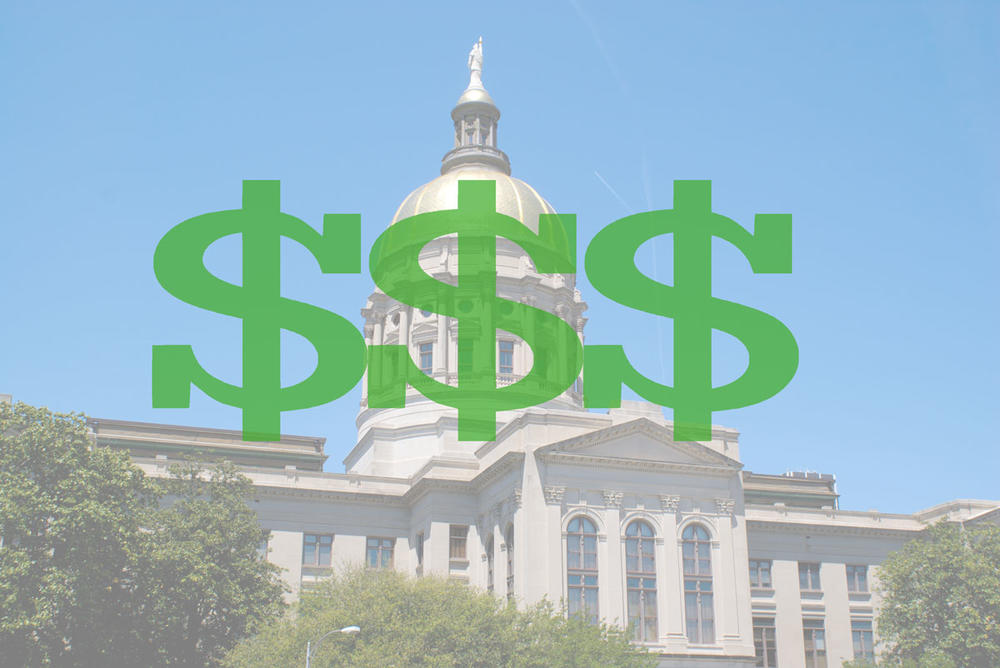Section Branding
Header Content
SINE DIE ANOTHER DAY: Tax On Tax On Tax
Primary Content
Thanks to Georgia lawmakers, you won’t have to pay sales taxes the next time you hail an Uber, buy something from Amazon, or fix up your yacht. And you’ll still be able to play fantasy sports.
The 2017 legislative session ended with a number of changes to Georgia’s tax laws still on the table and a collection of special tax breaks headed to the desk of Governor Nathan Deal.
The failure of a few notable bills will keep Georgians from safe from additional sales taxes, for now.
State lawmakers couldn’t agree on a bill to impose sales taxes on internet purchases.
It would have forced online retailers with at least $250,000 in sales or 200 transactions annually to either collect sales taxes on purchases or send tax due notices to customers who spend at least $500 on their site during the year.
Legislators also hit a roadblock on a bill that would have required ridesharing services like Uber and Lyft to pay the same transportation taxes already paid by taxi and limo companies.
Lawmakers balked on legislation that would regulate--and essentially legalize--fantasy sports.
Despite a visit to the Gold Dome by Atlanta Brave’s alum Tom Glavine to rally behind the bill, it failed. For now, fantasy sports exist in a gray area--playing for cash isn’t illegal, but it’s also not legal.
In the meantime, a number of tax breaks sailed out of the Capitol.
Fixing up your yacht? You get a tax break. Developing video games? You get a tax break. Buying concrete-mixing equipment? You get a tax break.
Lawmakers also OK’d a break for businesses and real estate developers who focus on struggling rural downtowns across the state and one for the music industry.
They also voted to expand Quality Jobs Tax Credit, which gives a tax break to companies who pay their employees higher-than-average wages.
For now, it’s still unclear which of the carve-outs will get Deal’s signature. Though, in the past, the governor has been more than amenable to tax breaks for a range of special interests.


